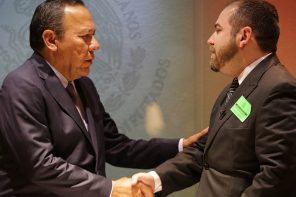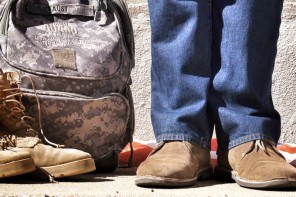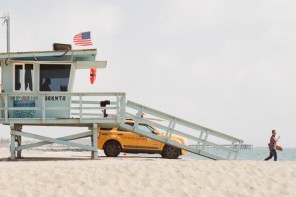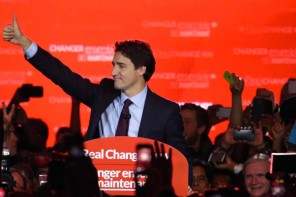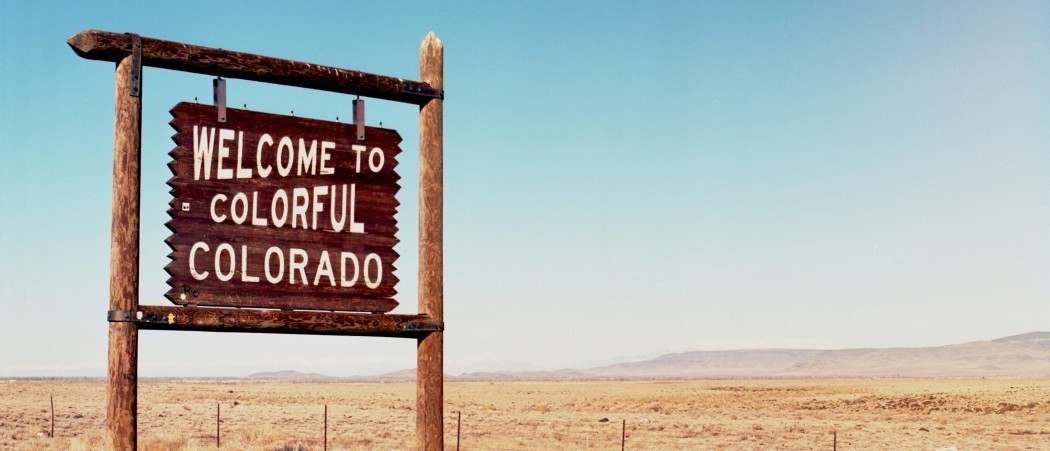Executive Office of the President Releases Comprehensive Study
This week the Executive Office of the President released a new White House study, admitting for the first time that the illegality of cannabis is directly contributing to racial inequalities in America.
Arrests
“A black individual is nearly four times as likely as a white individual to be arrested for marijuana possession, even though black and white individuals reported using marijuana at similar rates.” –Executive Office of the President
The White House study, entitled “Economic Costs of Youth Disadvantage and High-Return Opportunities for Change“, is a direct analysis of arrest statistics provided by the American Civil Liberties Union (ACLU). The report acts to analyze the racially imbalanced American Criminal Justice System.
Inequality
“In 2011, the majority of State and Federal prisoners were minorities— black and Hispanic prisoners alone accounted for over 60 percent of total prisoners, far greater than their share of the total U.S. population. Over 875,000 minors were arrested in 2013, and young boys and men of color make up a substantial share of those arrested.” – Executive Office of the President
While the report covers a variety of topics outside of cannabis law enforcement, it leaves little room for doubt as to the impact of racially biased prosecution in the Unites States.
“Inequalities in arrests and sentencing contribute to overrepresentation of black and Hispanic Americans in the incarcerated population. Even when there is little difference in the likelihood of committing a crime, individuals of color are much more likely to be arrested. If convicted, black offenders are more likely to be sentenced to incarceration than white offenders and to receive longer sentences for the same offenses.” – Executive Office of the President
Preemptive Strike
The cost associated with housing prisoners is overwhelming, even for juveniles. The report suggests that, in comparison, pre-emptively investing in the youth of America would be a much more cost-effective option.
“The cost of incarceration is substantially higher than investing in education or other programs to increase opportunity, even before one takes the returns to the investments into account. The annual cost of incarceration for a single juvenile is over $100,000— almost twice as high as tuition, room and board, and fees at the most expensive college in the country and nearly 100 times as expensive as a year of intensive mentoring.” –Executive Office of the President
(Above – President Obama at the NAACP annual convention. He addressed the criminal justice system and called for shorter sentences for non-violent drug offenders.)
Positive Impact of Cannabis Legalization
Reading between the lines, the study proves that federal cannabis legalization would have yet another positive impact on America. Although Non-Hispanic whites and minorities are reportedly using cannabis at the same rate, minorities are arrested and more staunchly prosecuted for the offense. Upon the legalization of cannabis, those arrests go away.
Arrest and imprisonment rates have a direct relationship to unemployment in America. We’ve already shown that the likelihood of both scenarios are more likely for minorities. If cannabis is legalized, it doesn’t matter what race you are, arrests will go down due to the fact you are eliminating an entire law enforcement category. That means less money funneled to the prison system, more money for education programs and a stronger workforce in the United States. As it stands right now:
“Disparities in education and justice system involvement that begin during youth contribute to substantial challenges in the labor market throughout life. Young people who face these barriers to success tend to participate less often in the labor force, experience higher rates of unemployment when they participate, and earn less when they find work. A black male born 25 years ago has only a roughly 1 in 2 chance of being employed today as a result of early death, incarceration, low labor force participation, and high unemployment.” –Executive Office of the President
If negative disparities can have an impact in the labor market, eliminating those disparities can certainly have a positive impact. That impact will be felt both monetarily and socially. In terms of money, the Unites States, as a whole, will spend less on arrests, jailing, prosecution, etc. Socially, legalization would eliminate an entire category of law enforcement that has been disproportionately represented by minorities for the past twenty years. Will legalization solve racial inequality in America? No. But it certainly would be a step in the right direction.
How do you think federal cannabis legalization will impact the racial tension in America? Is it too late to rewrite the social narrative of race in United States? Join the conversation and comment below!


